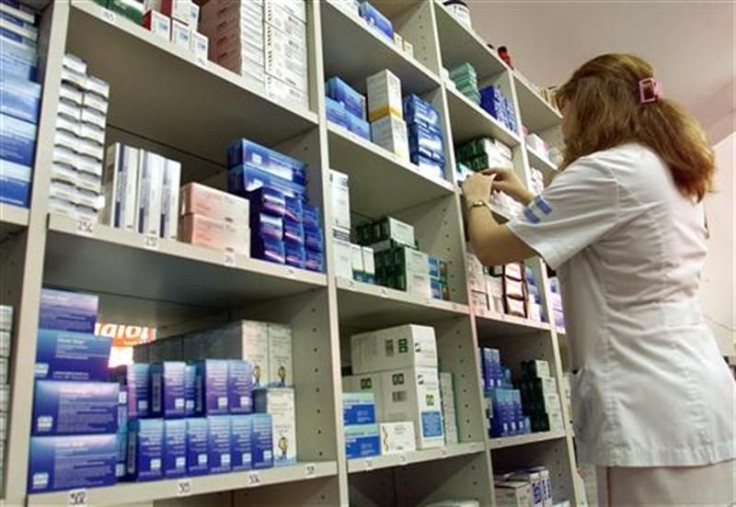Statins Associated with Lower Death Risk from Prostate Cancer

In a new study, published in the journal Cancer, the use of cholesterol-reducing drugs called statins has been linked with a lower risk of dying from prostate cancer.
The study, conducted in a group of middle-aged men from New Jersey, however, did not conclusively prove these drugs ward off aggressive cancer cells. Nevertheless, they interfere with earlier studies indicating that getting cholesterol levels under control might help reduce the risk of life-threatening disease.
People may be on these medications for their heart, but it may actually be doing them some good for their prostate, Reuters quoted study author Dr. Stephen Marcella, from the University of Medicine and Dentistry of New Jersey in New Brunswick, as saying.
Prostate cancer is so called because it affects the small, walnut-like structure that makes up part of a man's reproductive system.
According to the latest American Cancer Society estimates for prostate cancer in the United States, around 1 man in 6 will be diagnosed with prostate cancer during his lifetime and around 33,720 men will die of the condition. In fact, the organization mentions the condition is one of the leading causes of cancer death in the U.S., with 1 man in 36 dying from it.
The new study collected records of around 380 men who died of the condition and another 380 persons without the cancer. They found out that only about 1 in four men in both groups have ever been exposed to the drug.
The reports mentioned in the journal point out the researchers couldn't tell whether the patients used the drug before or after they were diagnosed. However, they did find out that while high-potency, often newer statins, were linked to a lower risk of fatal prostate cancer, lower-potency drugs were not. That suggests it's something about the drugs themselves that lower men's chances of dying from prostate cancer.
© Copyright IBTimes 2025. All rights reserved.





















